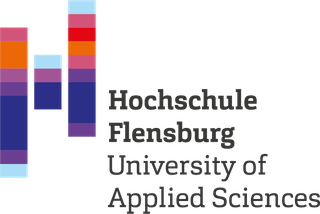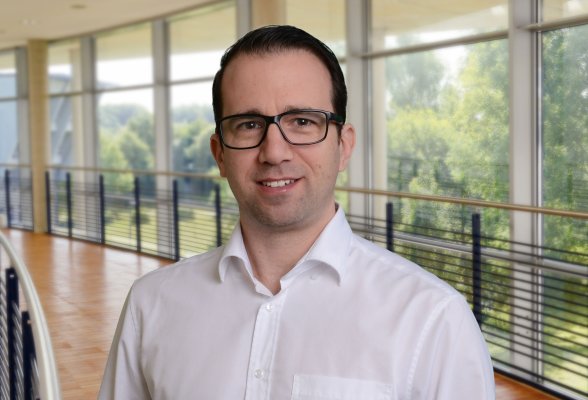Project description
Increased cooperation between the transmission and distribution grid levels is of the utmost importance for the successful implementation of the next steps of the transformation of the energy system and for a stable and secure energy system of the future. By coupling the electricity sector with the gas, heating and transport sectors, new consumers and flexibility options need to be integrated at all grid levels and the interactions between different grid levels and sectors need to be coordinated efficiently.
This is where the reGon project comes in - it provides an important tool for the designers of the energy system transformation through well-founded open data on flexibility in all grid levels and the various sectors as well as through the comprehensive model-based optimization and analysis of these using open source tools. As of now, this tool does not exist to this extent and level of detail. It thus enables a high level of knowledge to be gained on current topics such as controllable consumption devices in accordance with §14a EnWG or the municipal heating law and at the same time promotes the exchange between different stakeholders in the energy system transformation.
The reGon project builds on the predecessor projects open_eGo and eGon. These projects developed spatially and temporally high-resolution data for the electricity, heat, gas and mobility sectors as well as open-source tools for cross- grid, sector-coupled modelling. The aim of the reGon project is to design and ensure the practical transfer of the open tools and data sets developed over many years of research work. On the one hand, these are to be further developed and significantly improved for a more user-friendly application and, on the other hand, their practical applicability is to be demonstrated using five use cases. These use cases will be worked on together with associated partners from the field and scenario assumptions and results will be validated.
The use cases are as follows:
- Regional planning
- Municipal electricity and heat transition
- Resilience of the energy systems of the future
- Cross-grid level use of flexibilities
- Medium and low voltage operating concepts
In order to ensure the transfer of practical experience beyond the network of associated partners, we also aim to establish an extended network of energy system transition shapers, such as grid operators, municipal utilities and local authorities. In joint workshops, requirements for data models and tools as well as current issues and research results will be discussed on an ongoing basis and reported to the tool developers.
This is a joint project which FUAS is the lead partner of, the other partners are Europa-Universität Flensburg, the Reiner Lemoine Institute, the DLR Institute of Networked Energy Systems and Ulm University of Applied Sciences. Various associated partners from the field are also involved.
Objectives
- Working on specific use cases with practice partners
- Modularisation and increased usability of data creation and data models
- Application-oriented further developments in the optimisation of transmission and distribution grids

